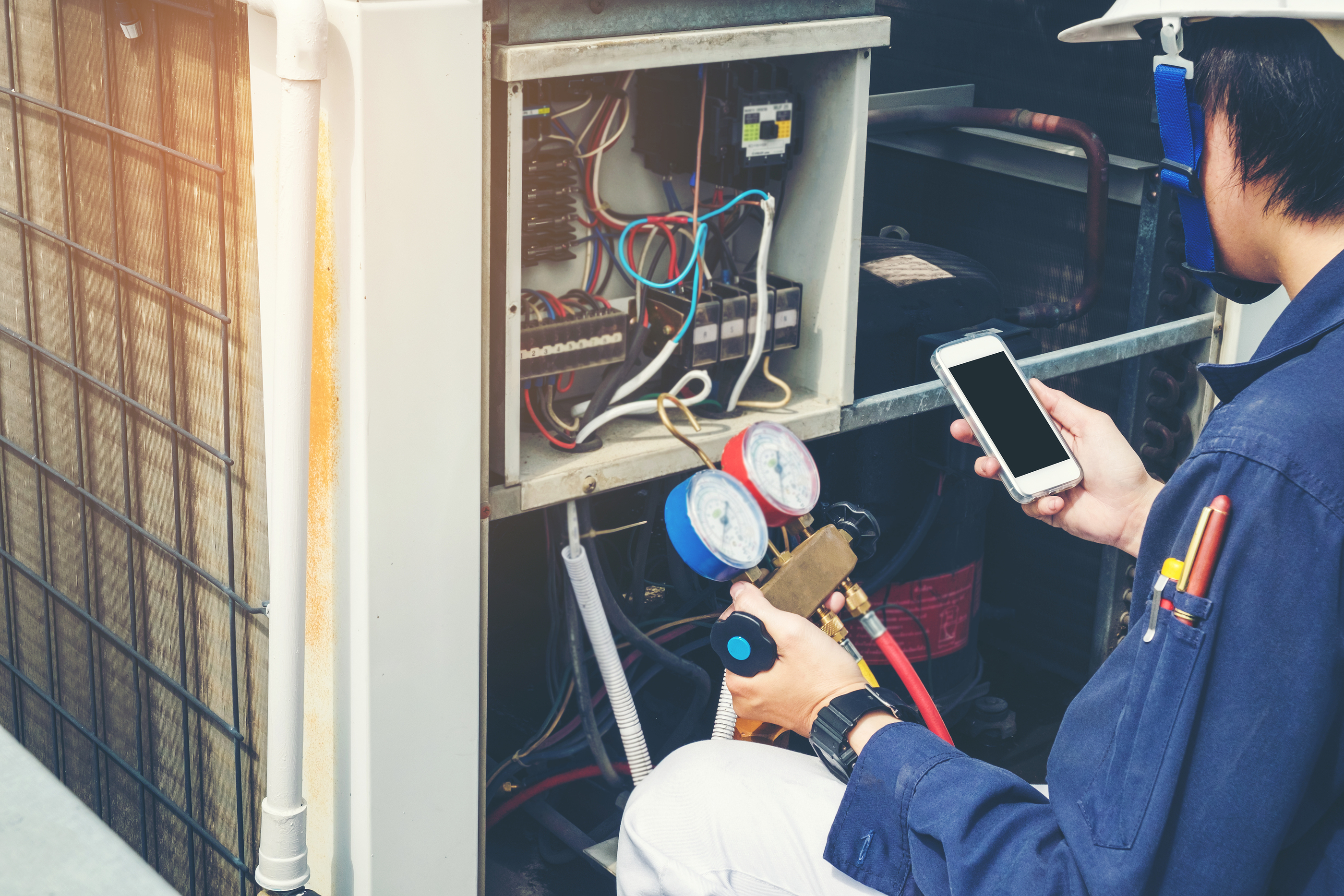
Once you’ve decided on that new home you’re going to buy, it’s important that you hire a home inspector (or do it yourself if you can’t afford a professional) to come in and find the various home repairs that can mean hidden costs.
The home inspector will inspect your new potential home from top to bottom which means from roof to the foundation. You’ll get a report that summarizes the condition of your new home’s plumbing, electrical system, septic or sewer and of course, its HVAC system. Chances are there will be red flags with your HVAC home inspection. Therefore, whether you do it yourself or hire a professional home inspector, you need to check for a variety of things which includes the things below.
HVAC Age and Condition
If your HVAC system is old that’s not necessarily a red flag. But, keep in mind that an AC unit and heat pump have a typical lifespan of around 10 to 15 years. An oil or gas furnace can provide you with efficient heat for around 15 years or a little more. It’s important that you or a professional inspect and note the condition of the installed HVAC units and what you can realistically get out of them with the proper care.
Ductwork Problems
If there are exposed ductwork in the attic or basement, this could be a red flag. Look for:
- Dents in the metal
- Loose fittings around the seams
- Peeling duct tape
- Torn or collapsed sections of flex ducts
- Dirt streaks indicating escaping air
Furnace Flames
Make sure you or a professional fire up the furnace and take a look at the flame. It’s not supposed to be a flickering orange or yellow but rather a steady blue. If it’s not blue, this could indicate that it requires servicing. Ensure side panels are closed and fastened.
Efficiency Ratings
Like your car’s gas mileage, the HVAC system’s efficiency ratings tell you how much you can expect to pay in energy consumption.
Service and Repair History
To maximize HVAC efficiency and lifespan, quality care is important. Check the repair and service history of your new home’s HVAC systems. Find out the last time they’ve had servicing or if they’ve been regularly serviced each year. You might even want to check the credentials of the HVAC professional who did the servicing.
Not being aware of potential problems can lead to costly repairs. For example, it can be very expensive to fix a cracked heat exchanger and this problem can impose a safety hazard as well. You may need a professional home inspector or licensed technician to detect this type of problem.
Things to check during the home inspection are the regular maintenance of the HVAC system or if the filter was changed frequently. Was the thermostat correctly regulated during the home’s vacancy which is important during changes of the season? A seller is not necessarily obligated to provide you with a disclosure form regarding this information. However, if you hire a professional home inspector or inspect the home thoroughly yourself, you can get an idea of how the system was used.
Now remember, just like renters insurance when you’re renting a new apartment, you’ll need to get a sound homeowners insurance policy once you’ve done the inspection and have bought the home.
To compare multiple homeowners insurance quotes, complete our online form.